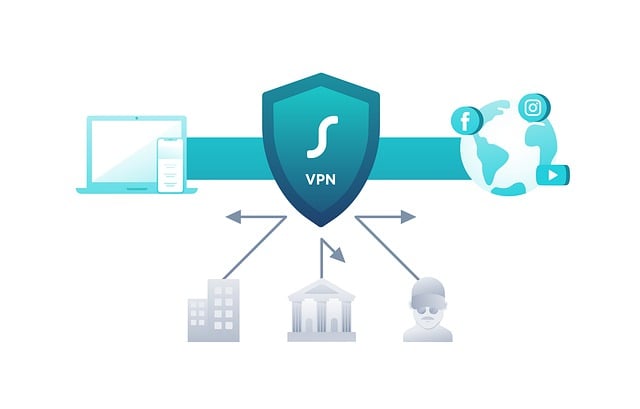In South Africa, identifying a Ponzi scheme involves understanding its structure of high returns with minimal risk funded by new investor funds. Be wary of excessive claims, pressure tactics, lack of transparency, and complex language. Verify the fund manager's track record, avoid too-good-to-be-true investments, and research the firm's registration with regulatory bodies like the FSCA. Stay informed about common Ponzi tactics through recent cases and consult financial advisors for complex decisions to protect against investment fraud.
Investment fraud is a growing concern in South Africa, with Ponzi schemes posing significant risks to investors. This article guides you on how to recognise a Ponzi scheme, empowering you with knowledge to protect your investments. We’ll explore the basic structure and red flags of these fraudulent schemes, along with practical strategies to identify and avoid them. By understanding these tactics, you can navigate South Africa’s financial landscape more safely.
- Understanding Ponzi Schemes: The Basic Structure and Red Flags
- Protecting Yourself: Strategies to Identify and Avoid Ponzi Schemes in South Africa
Understanding Ponzi Schemes: The Basic Structure and Red Flags

In a Ponzi scheme, investors are promised high returns with little or no risk. The fund manager then uses new investors’ money to pay older investors their promised returns. This creates the illusion of a successful investment strategy, but it’s built on a house of cards. Without constant influxes of new investors, the scheme collapses, leaving many investors with significant losses. Recognising a Ponzi scheme in South Africa involves understanding its basic structure and being alert to certain red flags.
Keep an eye out for unrealistic promises of high returns with little or no risk. If an investment opportunity sounds too good to be true, it probably is. Be suspicious of pressure to act quickly, lack of transparency regarding investments, and the use of complex jargon to describe simple concepts. Additionally, ensure that the fund manager can provide verifiable track records of successful investments.
Protecting Yourself: Strategies to Identify and Avoid Ponzi Schemes in South Africa

Protecting yourself from investment fraud, particularly Ponzi schemes, requires a keen eye and a basic understanding of how to recognise these deceptive practices. In South Africa, where financial markets are growing, it’s vital to be aware of the red flags that signal a potential scam. How to recognise a Ponzi scheme in South Africa involves scrutinising investment opportunities that promise high returns with little or no risk. If an investment seems too good to be true, it probably is. Be wary of schemes that focus on referring new investors rather than showcasing legitimate earnings from actual investments.
To avoid becoming a victim, conduct thorough research before investing. Check the credibility of the investment firm by reviewing their registration and history with regulatory bodies like the Financial Sector Conduct Authority (FSCA). Don’t hesitate to seek second opinions or consult financial advisors who can help you navigate complex investment decisions. Additionally, stay informed about common Ponzi scheme tactics by staying abreast of recent fraud cases and learning from them.
In South Africa, where financial crime continues to evolve, understanding how to recognise a Ponzi scheme is vital for protecting your investments. By familiarising yourself with the basic structure and red flags outlined in this article, you can better navigate the landscape of investment opportunities. Implementing the strategies for self-protection will empower you to make informed decisions, avoiding the pitfalls of fraudulent schemes. Remember, staying vigilant and educating yourself are key to safeguarding your financial future in South Africa.

